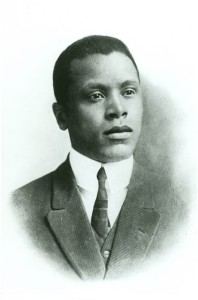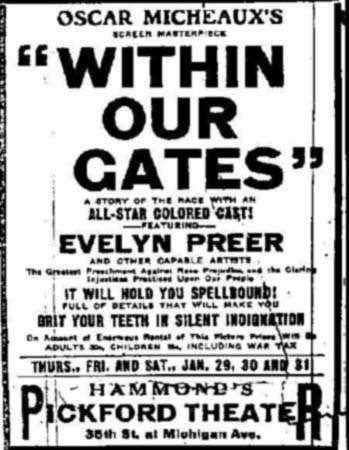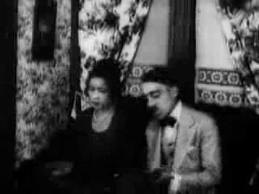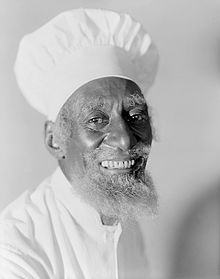
Leigh went on to appear in classical Broadway productions of Stevedore, Of Mice and Men, and Porgy. Whipper achieved national fame for his characterization of the Crabman of the Catfish Row in Porgy, interposing into his part the Crabman’s Song. It was later incorporated into the film version.
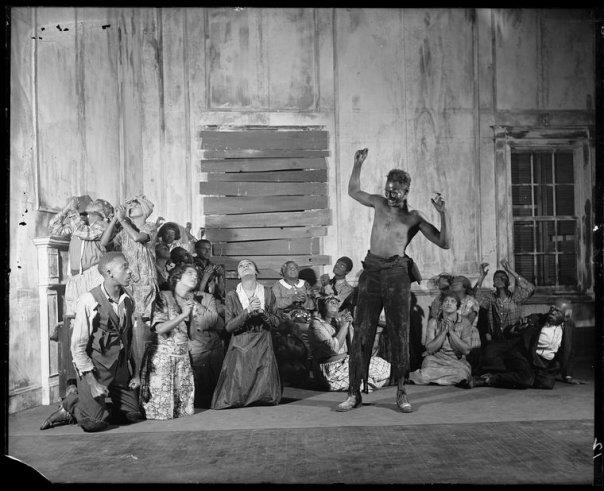
Porgy and Bess began as a novel, Porgy, published by DuBose Heyward in 1925. Shortly after Porgy’s release in 1925, producers rapidly began to seek the dramatic rights for the story. Cecil B. DeMille committed $4500 for a movie deal, and DuBose agreed. While DeMille’s company scouted Paul Robeson for the film, the project was abandoned for fears that it could not be played in the South. Meanwhile, DuBose Heyward’s wife, Dorothy, began pressing her husband to compose a theatrical adaptation of the novel. Dorothy herself was a playwright whose comedy Nancy Ann had received a Broadway production in 1924.
“Although it has been reported that because of his unusual looks some film viewers thought Whipper was a white actor in blackface, he assumed the presidency of the Negro Actor’s Guild in 1957. He became embroiled in a very heated public controversy over Samuel Goldwyn’s decision to fire Rouben Mamoulian, who had worked on preproduction for eight months on the troubled 1959 film version of PORGY AND BESS. Among other disagreements, Mamoulian was incensed that the producer chose Otto Preminger to replace him.
Fifteen years earlier when Preminger was producing LAURA, he became angered when director Mamoulian resisted his suggestions, so he fired him and replaced him himself. When an embittered Mamoulian lost the resultant litigation about his firing by Goldwyn, he invoked charges of racism against Preminger.
Mamoulian had cast the then-unknown Whipper in the original 1927 production of PORGY, and now the actor used his position as president of the Negro Screen Actors to call a press conference with Mamoulian’s press agent, Russell Birdwell. Whipper claimed that Preminger was “unsympathetic to my people” for unclear reasons, and he announced he was withdrawing from his role of Crabman with allegedly racially insensitive Preminger as director. Because of his stand, Whipper came under sharp criticism by the NAACP and a Past President of the Guild in addition to the cast of PORGY AND BESS, especially Pearl Bailey, who had worked with Preminger previously on CARMEN JONES. The role of Crabman was eventually played by Scatman Crothers, and the problematic movie became that last produced by Goldwyn.”
Leigh Whipper starred as Crooks in Of Mice and Men on Broadway and in the 1939 film. But likely you’ve never heard his name. (He doesn’t even have his own entry on Wikipedia). Regardless, he was a talented stage actor, an accomplished film star, and a barrier-breaker. Whipper was a light-skinned man, and his skin color led some to question his race. A fan of the Of Mice and Men film complained that Crooks was played by a white man. Others believed that Leigh Whipper was a white man in blackface in his films.
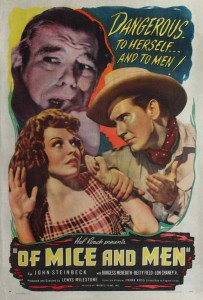
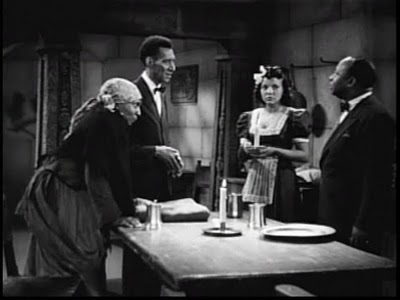
King of the Zombies – There is a cadaverous butler Momba (Leigh Whipper), a cackling witch-like voodoo woman Tahama (Madame Sul-Te-Wan), a beautiful and sassy servant Samantha (Marguerite Whitten), and Mantan Moreland
Whipper made his film debut as a bit player in Oscar Micheaux’s silent race films, Symbol of the Unconquered (1920) and Within Our Gates (1920).
He later starred in the Hollywood films Of Mice and Men (1939) King of the Zombies (1941) and The Oxbow Incident (1943).
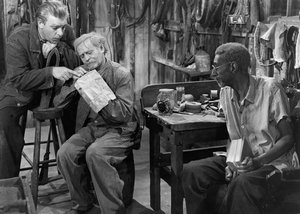
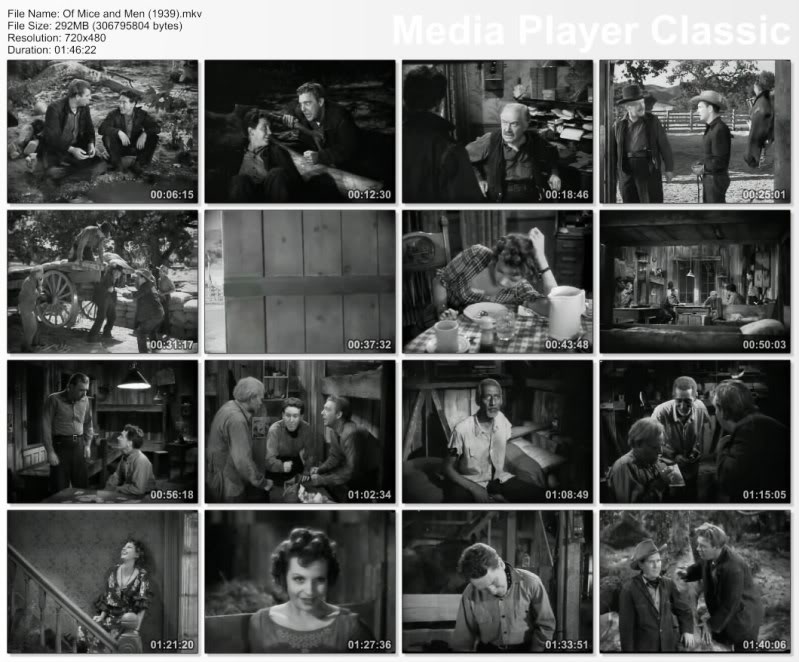
The Symbol of the Unconquered
“Part One,” by William Hooker, was recorded live on February 14, 2009, at The Sanctuary for Independent Media in Troy, NY.
Percussionist William Hooker improvises to pioneering African-American filmmaker Oscar Micheaux’s 1920 silent classic, The Symbol of the Unconquered.
Originally advertised as a chance to come to see the annihila¬tion of the Ku Klux Klan, the film is part of the emergence of a radical black voice in the mass media. William Hookers’ work is frequently grounded in a narrative context. Whether set against a silent film or anchored by a poetic theme, Hooker brings dramatic tension and human warmth to avant-garde jazz. His ability to find fertile ground for moving music in a variety of settings that obliterate genre distinctions offers a much-needed statement of social optimism in the arts.
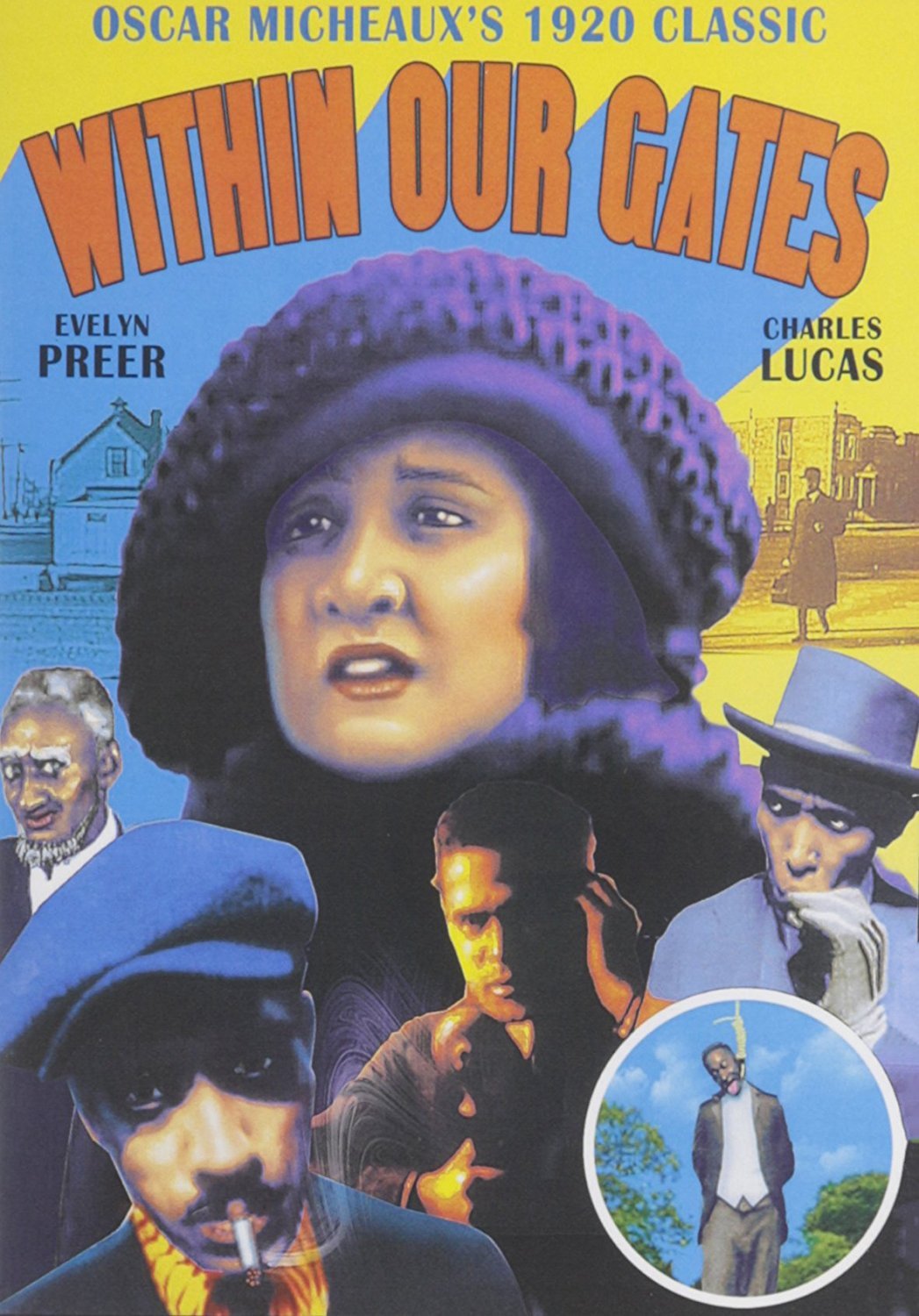
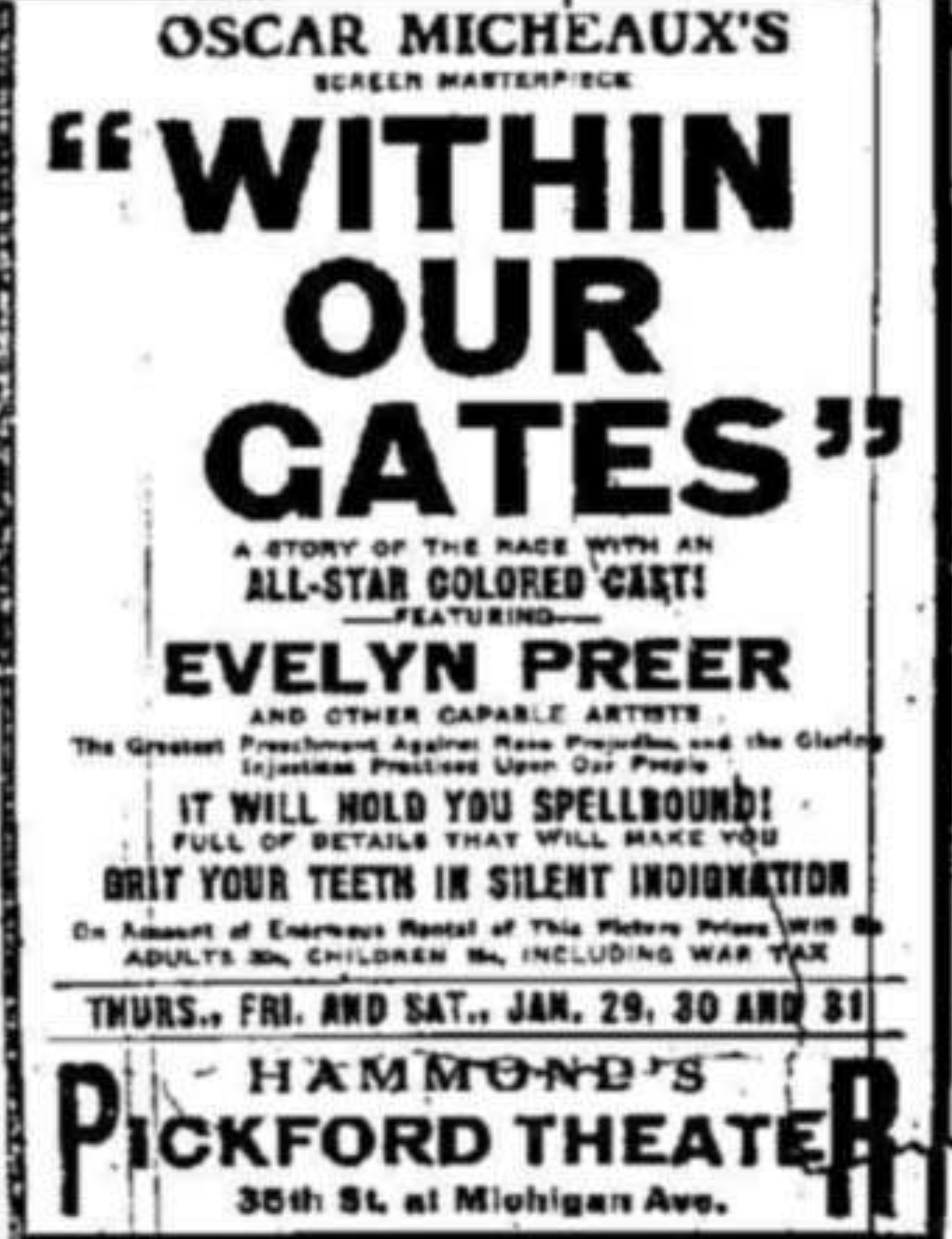
Within Our Gates (1920) – Oscar Micheaux Silent Film
Abandoned by her fiancé, an educated negro woman with a shocking past dedicates herself to helping a near-bankrupt school for impoverished negro youths. Within Our Gates was produced and directed by Oscar Micheaux in 1919. He is considered to be the first African-American director of feature films and this is the first such film still in existence.
Cast (IMDB): Evelyn Preer as Sylvia Landry; Flo Clements as Alma Prichard; James D. Ruffin as Conrad Drebert; Jack Chenault as Larry Prichard; William Smith as Detective Philip Gentry; Charles D. Lucas as Dr. V. Vivian; Bernice Ladd as Mrs. Geraldine Stratton; Mrs. Evelyn as Mrs. Elena Warwick; William Stark as Jasper Landry; Mattie Edwards as Jasper’s Wife; Ralph Johnson as Philip Gridlestone; E.G. Tatum as Efram, Gridlestone’s Servant; Grant Edwards as Emil Landry; Grant Gorman as Armand Gridlestone; Leigh Whipper ; Jimmie Cook as (uncredited); S.T. Jacks as Reverend Wilson Jacobs (uncredited).
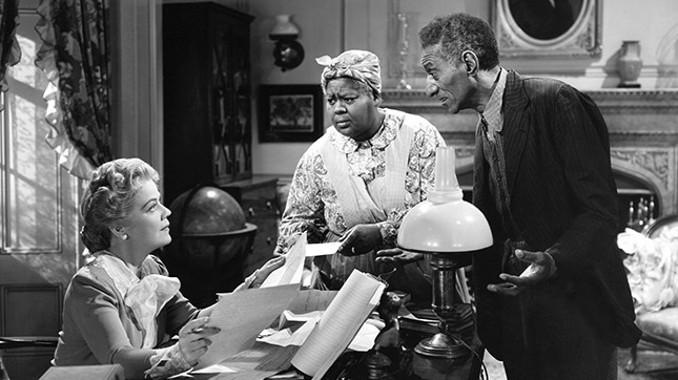
Spring Byington, Louise Beavers, and Leigh Whipper in The Vanishing Virginian (1942)
NO COPYRIGHT INFRINGEMENT INTENDED
Iforcolor.org 2021 – All rights reserved ©2021

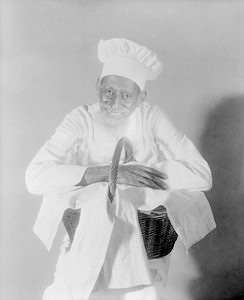
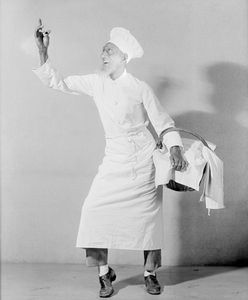
![Georgette Harvey as Maria and Leigh Whipper as Crab Vendor [Crab Man]. (1927)](https://iforcolor.org/wp-content/uploads/Georgette-Harvey-as-Maria-and-Leigh-Whipper-as-Crab-Vendor-Crab-Man.-1927.jpg)
